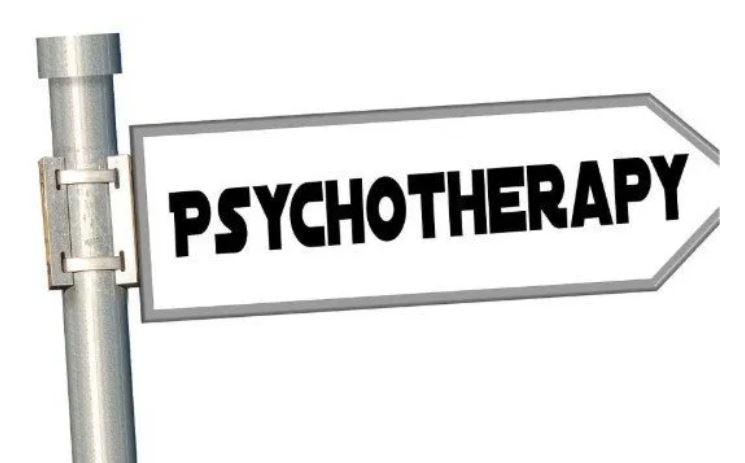Psychotherapy has become an indispensable part of treating a number of disorders. Some of the most common areas where psychotherapy has proven its efficacy include cognitive behavioral therapy, systems-based therapy, and psychodynamic therapy, among others.
They are used in isolation or in combination with another form of therapy. All of these types of psychotherapy come with different outcomes. They are also applied in different situations.
This inevitably makes you wonder which of these types of psychotherapy is the most effective. This post is an attempt to find out the answer to this question.
Which is the most effective approach in psychotherapy?
According to experts from the field, all the approaches of psychotherapy are equally effective. This means that there is no one approach that is superior to another. Although this may seem confusing to begin with, the reasons behind this explanation are quite straightforward.
Regardless of the type of approach of psychotherapy used in the treatment, three common traits are observed. This is based on the results published in one research. They are:
- Building positive relationships – This typically starts between the therapist and the patients. There is an unmistakable bond between the two parties, which rubs off on the other relationship, especially in the life of the patient.
An increasing number of studies point to the fact that up to 80% of the patient’s positive influence can be attributed to this bond and a positive relationship with the therapist.
- Compelling rationales – The therapist provides convincing yet psychologically derived explanations when the patient is under emotional stress. Therapists have the innate knack to make compelling explanations that makes sense to the patients. Regardless of the clients’ condition and situation, the explanation must make sense to the particular client.
- Targeted change – The patient undergoes a number of procedures and exercises that aims to result in a helpful and positive outcome under the supervision of the therapist. Some of these practices are aimed to be adaptive, meaning that the patient can overcome difficulties using them.
It also involves breaking the pattern of behavior by the patients. These three steps also constitute the quality of success in psychotherapy, irrespective of the approach used in treatment. Without these three crucial components, any approach in psychotherapy is bound to be a failure.
What defines an effective change in psychotherapy?
Many researchers believe that without this third step, there is no point in psychotherapy. This means that a client must show a shift in problematic patterns or reversal of the patterns.
All the approaches in psychotherapy identify problems that are faced by the patients as patterns and cycles. They go round in vicious cycles that plague the patient.
But fortunately, these problems make sense to him or her. This is the reason why psychotherapy clients have an overwhelming feeling of being consumed by the problem, especially before he or she can make sense of the problem.
Therefore, when the client shows a shift in this problematic pattern or a sign of reversal, it is referred to as effective change.

